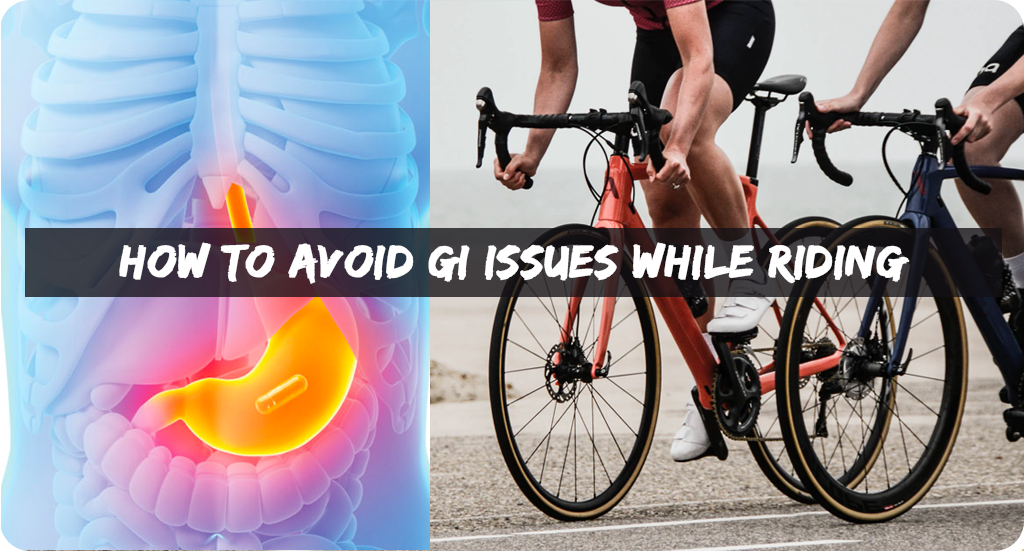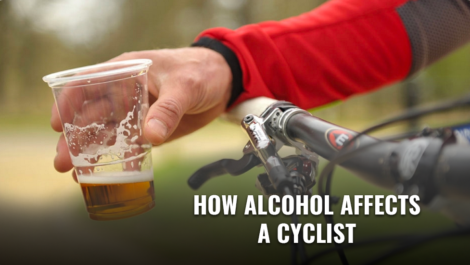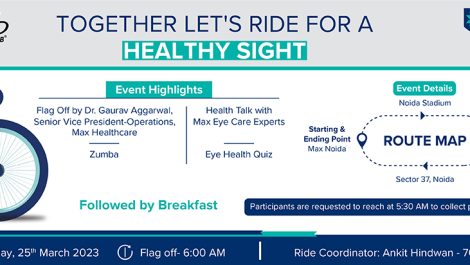HOW TO AVOID GI ISSUES WHILE RIDING
You can take several measures to avoid any kind of GI issues while riding:
- Pacing: Poor pacing is the number one cause for digestive issues. So practice your pacing to use your power zones and heart rate to monitor your riding intensity. Your body can handle food best in the Zone 1-2 and can deal with sustained periods in Zone 3, but the long duration of Zone 4 or above can be problematic.
- Hydration: Inadequate water intake can lead to performance loss and decreased digestive functioning
- Try and Test Products: During your training time, try and test products to analyse their effects on your performance and digestive system.
- Timing and amount matters: Allow time for your pre-ride meals to digest as it can cause digestive issues. Give yourself 90-120 minutes before initiating the ride, but for short rides with low intensity, any easy to digest food like porridge can be used with reducing the time to 60 minutes.
- Aim to eat from the start of the ride and keep a target of consuming 0.5 grams to 1 gram of carbs per kg of body weight per hour in 2 to 3 micro feeds every 20 to 30 minutes. Don’t over consume, as eating more than the required amount might make you feel bloated. It is important to practice with your riding nutrition during the training hours.
- Be kind to your stomach: High-intensity workouts are stressful on your digestive system, therefore opt for food products that are easy to digest and handle.
- Take care of your gut when off the bike, as nutrient absorption and optimal digestion is liked to great performance.
- Poor nutrient absorption is a big problem for a cyclist as it leads to low energy levels and cravings for sugary foods. So increase your intake of vegetables and fruits as the fibre content will help to improve the gut transit that is beneficial for overall gut wellbeing and health. Also, include good quality omega-3 supplements as it helps to maintain your gut health. Include yoghurt in your daily diet to introduce good beneficial bacteria for nutrient absorption.













Comments
No comment yet.